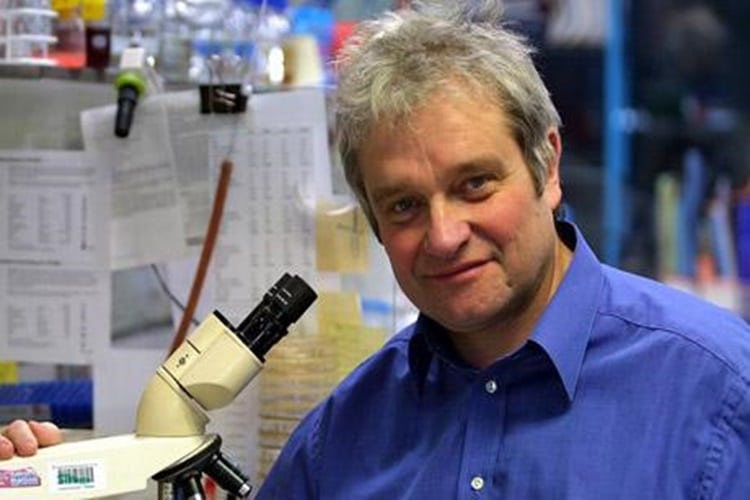Unmasking a Legend: The Story of Paul Nurse

Paul Nurse is a renowned British biologist and Nobel laureate known for his significant contributions to the field of cell cycle regulation.
Life and Career
Paul Nurse on January 25, 1949, in Norfolk, England. Paul Nurse attended the University of Birmingham, where he earned his bachelor’s degree in 1970. He continued his academic journey, obtaining a Ph.D. in 1973 from the University of East Anglia. Nurse’s early research focused on the molecular mechanisms that control the cell cycle, the process by which a cell divides and duplicates its genetic material.
Nurse’s groundbreaking research during the 1970s and 1980s shed light on the key regulatory proteins governing the cell cycle. His work, conducted primarily at the University of Oxford, provided crucial insights into how cells divide and multiply, laying the foundation for our understanding of cancer and other diseases related to cell growth.
In collaboration with his colleagues, Nurse identified essential genes such as “cdc2” that play a pivotal role in controlling the cell cycle. The discovery of these genes significantly advanced our understanding of cell biology and earned Nurse widespread recognition in the scientific community.
Nurse has held various leadership positions throughout his career. He served as the Director General of the Imperial Cancer Research Fund (now part of Cancer Research UK) and later as the President of Rockefeller University in New York. His leadership has been instrumental in shaping the direction of scientific research and education.
Nurse served as the President of the Royal Society, the world’s oldest scientific academy, from 2010 to 2015. In this role, he advocated for scientific research, education, and the importance of evidence-based policymaking.
Award and Legacy
In 2001, Paul Nurse was awarded the Nobel Prize in Physiology or Medicine, along with Leland H. Hartwell and R. Timothy Hunt, for their discoveries regarding the regulation of the cell cycle.
In addition to the Nobel Prize, Nurse has received numerous other awards and honors for his contributions to science. He was knighted in 1999 and appointed a Member of the Order of Merit in 2002.
Nurse is a Fellow of the Royal Society and a foreign associate of the National Academy of Sciences.
Nurse’s legacy is primarily in the field of cell cycle regulation, where his work has laid the foundation for further research and understanding of cell division processes. As an administrator and leader in scientific institutions, he has contributed to the advancement of scientific research and education.
Observer Voice is the one stop site for National, International news, Sports, Editor’s Choice, Art/culture contents, Quotes and much more. We also cover historical contents. Historical contents includes World History, Indian History, and what happened today. The website also covers Entertainment across the India and World.

